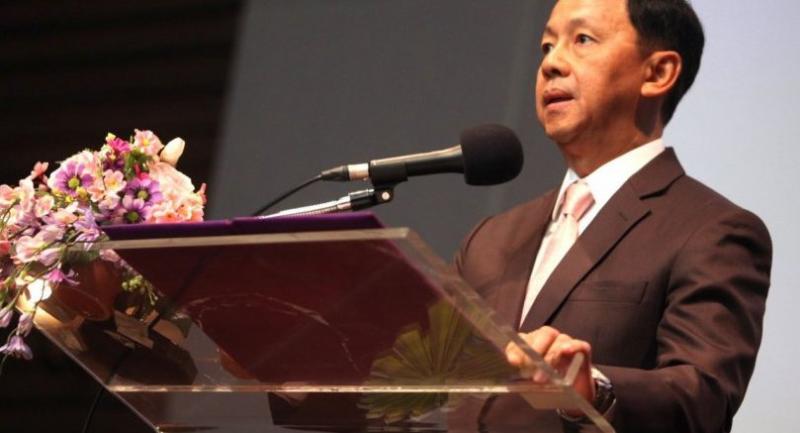NLA keeps on ‘unqualified’ NACC members

ANTI-CORRUPTION OFFICIALS STILL IN POSTS BUT CRITICS QUESTION CONSTITUTIONALITY
CONSTITUTION DRAFTERS have warned against allowing unqualified anti-graft commissioners to continue working as members of the National Anti-Corruption Commission (NACC), possibly including the president, saying it could create constitutional and work issues in the future.
A political observer, meanwhile, said he had already seen the development coming, considering the current corruption scandal involving key members of the ruling junta.
The NACC’s nine current commissioners were allowed to keep their posts under the new organic bill governing the agency, which was passed by the National Legislative Assembly (NLA) yesterday. The bill even prolonged their terms to nine years.
Critics of the clause relating to qualifying criteria for the NACC said it was at odds with a fundamental principle set by the Constitution Drafting Commission (CDC), which stated that only those qualified by the new Constitution could keep their positions. The legislators endorsed it nonetheless, with 157 against 26 votes, while 29 others abstained from making the decision.
As per the entire bill, the NLA voted 198 to 1 to pass it after two and a half days of deliberation.
Pattara Khumpitak, representing the CDC in the bill-vetting committee, told the NLA during an intense debate that allowing either unqualified or disqualified commissioners to stay in positions of power would threaten the constitutionality of the commission.
He also said NACC President Pol General Watcharapol Prasarnratchakit had been a political office holder before taking a post at the agency and, according to the new charter, should be disqualified. However, the bill deliberately stipulated that such a disqualification should be exempted, he said.
Having an organic law that exempted rules enforced by the Constitutional Court would make it illegitimate, Pattara said. More importantly, commissioners who failed the constitution’s qualifications but were protected by the organic law risked the NACC’s legitimacy.
“Will they be able to fulfil their job if suspects complained that they were not qualified to be graft busters or to decide whether a person is guilty of fraud,” the charter writer said. “Decision-making in the NACC board will meet with difficulties.”
Some critics said the NACC was in an existential crisis because of its close connections to the junta.
Chamnan Chanruang, an independent scholar based in Chiang Mai, said he had earlier predicted that the NACC was unlikely to be dismissed from office because everyone was aware that Watcharapol had previously worked closely with Deputy Prime Minister General Prawit Wongsuwan.
Watcharapol was a deputy secretary-general under the Prime Minister’s Office attached to Prawit when he became deputy prime minister after the coup.
The scholar added that if the Constitution was respected, almost all of the current commissioners would lose their positions. Such dismissals would also cause trouble for the regime given that a number of political cases were currently before the agency, he added.
Those cases include the recent scandal over Prawit’s luxury watches and those involving key political players in the Pheu Thai and Democrat parties.
